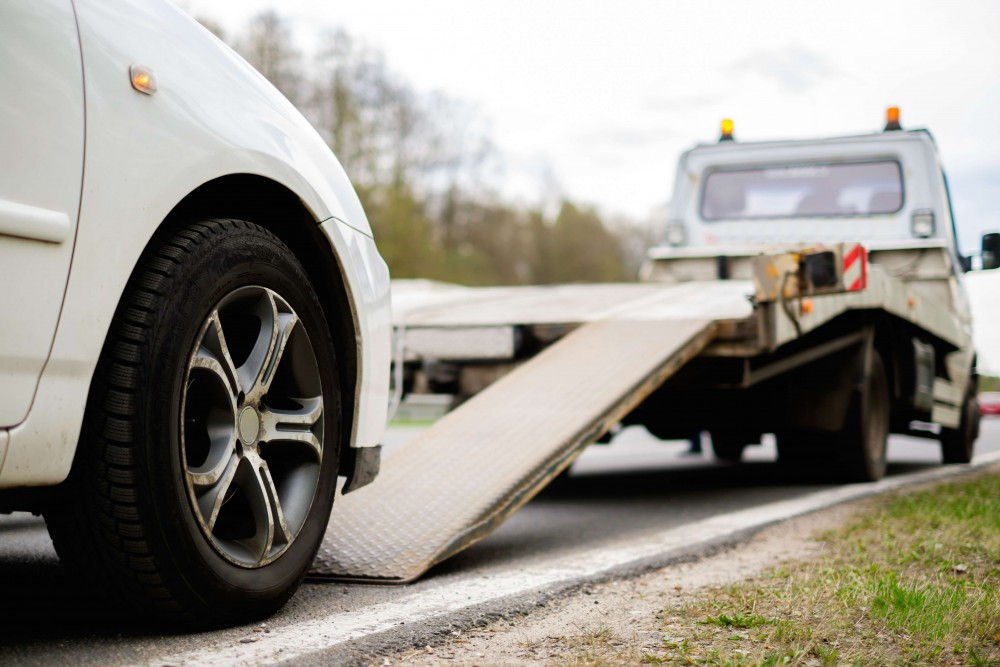
Towing regulations vary by state, so it’s essential to know the rules before towing any type of vehicle. Towing laws are in place to ensure safety on the roads and to avoid accidents. Therefore, it’s crucial to understand the different towing regulations by state to avoid fines or penalties.
In this article, we’ll discuss the different towing regulations by state, including weight limits, towing speed, and licensing requirements.
Weight Limits
Weight limits are one of the most critical factors in towing regulations. Every state has a maximum weight limit for towing vehicles. The weight limit is determined by the Gross Vehicle Weight Rating (GVWR) of the towing vehicle, which is the maximum weight that the vehicle can carry, including passengers, cargo, and fuel.
In some states, the weight limit is based on the type of vehicle you’re towing. For example, some states may have different weight limits for cars, trucks, or trailers. It’s essential to know the weight limits in your state before towing to avoid fines or penalties.
Towing Speed Limits
Towing speed limits are another crucial factor to consider when towing a vehicle. Every state has a different speed limit for towing vehicles, and it’s essential to follow these limits to ensure safety on the roads.
In most states, the towing speed limit is the same as the regular speed limit on the road. However, in some states, the towing speed limit may be lower than the regular speed limit. It’s essential to know the towing speed limit in your state to avoid fines or penalties.
Licensing Requirements
Licensing requirements vary by state, so it’s essential to know the rules before towing any type of vehicle. In some states, you may need a special license to tow certain types of vehicles. For example, in some states, you may need a commercial driver’s license (CDL) to tow a vehicle that weighs more than a certain amount.
It’s also essential to know the age requirements for towing in your state. Some states may have a minimum age requirement for towing, and it’s crucial to follow these rules to avoid fines or penalties.
Other Regulations to Consider
Aside from weight limits, towing speed limits, and licensing requirements, there are other regulations to consider when towing a vehicle. These regulations vary by state and include the following:
- Safety Chains: Many states require safety chains when towing a vehicle. Safety chains are designed to keep the trailer connected to the towing vehicle in case the hitch fails.
- Brake Requirements: Some states require brakes on trailers that weigh over a certain amount. It’s essential to know the brake requirements in your state to avoid fines or penalties.
- Lighting Requirements: Many states require trailers to have working taillights, brake lights, and turn signals. It’s crucial to check the lighting requirements in your state before towing a trailer.
- Towing Equipment: It’s essential to use the right towing equipment when towing a vehicle. The equipment you use should be rated for the weight of the vehicle you’re towing.
Conclusion
In conclusion, understanding the different towing regulations by state is crucial to ensure safety on the roads and to avoid fines or penalties. Weight limits, towing speed limits, licensing requirements, safety chains, brake requirements, lighting requirements, and towing equipment are all important factors to consider when towing a vehicle. By knowing the rules in your state, you can tow a vehicle safely and legally. If you’re unsure about the regulations in your state, it’s essential to consult with a professional towing company or your state’s Department of Transportation.


